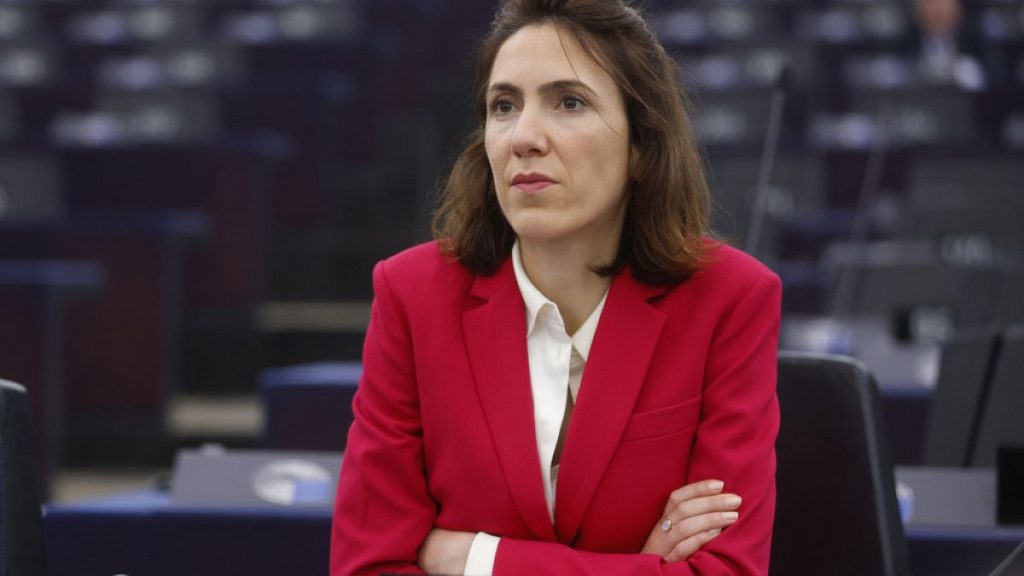The political landscape of the European Parliament witnessed a significant shift as two Bulgarian Members of the European Parliament (MEPs), Elena Yoncheva and Taner Kabilov, resigned from the Renew Europe group. This decision stemmed from Renew’s move to exclude their party, the Movement for Rights and Freedoms (DPS), due to its association with Delyan Peevski, a controversial figure sanctioned by both the US and UK for corruption. Yoncheva and Kabilov chose loyalty to their party over remaining within the liberal group, highlighting the complex interplay between individual political allegiances and broader European political dynamics. This resignation underscores the challenges faced by political groups in navigating internal conflicts and maintaining a cohesive ideological stance.
The DPS, a Bulgarian centre-left party, found itself at the center of this political maelstrom. Renew Europe, the liberal group within the European Parliament, initiated the exclusion process due to the DPS’s continued support for Peevski, despite the sanctions imposed upon him. Peevski’s history, marked by accusations of corruption and his role in triggering widespread protests in Bulgaria in 2013, made his leadership of the DPS untenable for Renew Europe. The liberal group’s commitment to upholding democratic principles and combating corruption clashed with the DPS’s continued alignment with Peevski, leading to the inevitable rupture.
The decision by Yoncheva and Kabilov to remain with the DPS despite the sanctions against Peevski and the subsequent exclusion from Renew Europe reflects a complex political reality. While acknowledging the gravity of the accusations against Peevski, they prioritized their loyalty to their party and its constituents. This decision highlights the difficult choices faced by politicians caught between party loyalty and adherence to broader ethical principles. The situation further illustrates the intricate web of political alliances and the challenges posed by individuals with controversial backgrounds within political parties.
The exclusion of the DPS from Renew Europe and the subsequent resignation of its two MEPs had broader implications. The ALDE Party, the main political party associated with Renew Europe, also expelled the DPS, further isolating the Bulgarian party on the European stage. This coordinated action by both Renew Europe and ALDE demonstrates a strong stance against corruption and a commitment to upholding democratic values within their political alliances. It signifies a growing intolerance within European political circles for individuals and parties perceived as undermining democratic principles, even if it means severing established political ties.
The political turmoil surrounding the DPS and Peevski also played a role in Bulgaria’s ongoing struggle with governmental instability. The country had held seven parliamentary elections in four years, reflecting deep political divisions and a lack of consensus among the major political players. The DPS, despite winning a significant share of the vote in the most recent elections, faced calls for a “cordon sanitaire,” effectively isolating it from potential coalition partners. This political ostracization, fueled by concerns over corruption and Peevski’s influence, further complicated the formation of a stable government.
The case of the DPS and its expulsion from Renew Europe provides a compelling example of the challenges facing European politics. It highlights the tension between party loyalty and adherence to democratic principles, the complexities of navigating political alliances, and the growing intolerance for corruption within European institutions. The situation also underscores the impact of individual actors, particularly those accused of corruption, on the stability and functioning of democratic processes. The fallout from this political saga will continue to shape the political landscape in Bulgaria and within the European Parliament, emphasizing the ongoing struggle to uphold democratic values and combat corruption in the face of complex political realities.














